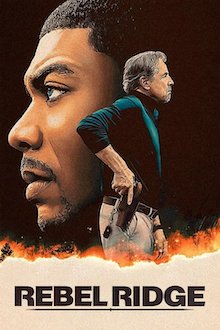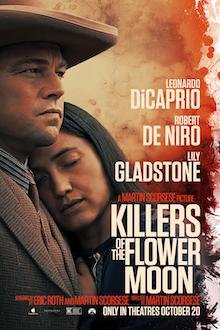Direction: Julien Colonna
Country: France
In Julien Colonna’s feature debut, The Kingdom, a Corsican clan leader (Saveriu Santucci), wanted for political crimes, finds his life under threat as those closest to him are systematically tracked down and violently murdered. His teenage daughter, Lesia (Ghjuvanna Benedetti is the film’s emotional anchor), remains by his side. She watches quietly, full of questions.
Shot mostly with non-professional actors, the film took three and a half years to complete. Colonna doesn’t overdo it, but the ever-present sense of danger seldom materializes into real tension. While the film tackles serious themes with a persistent air of mystery, its narrative remains uneven. The emotional undercurrents rarely match the political fervor driving the characters’ circumstances.
The film’s strongest element is its genre-blending nature—part film noir, part coming-of-age tale, and part tender exploration of a father-daughter bond that surpasses any vendetta. With a consistently austere tone, this heavy-handed drama may only resonate with viewers in the mood for sparse dialogue and a bleak outlook.
Within its narrative limitations, The Kingdom offers a one-dimensional portrayal that often feels opaque and emotionally detached. It may have a soul—but not much of a pulse.


















